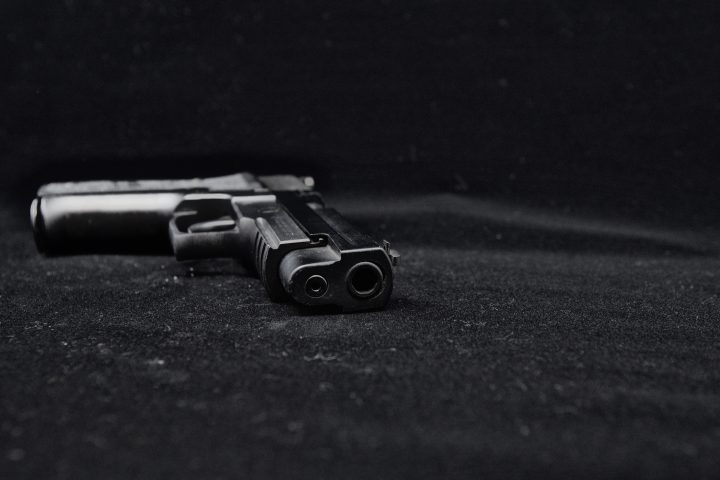Iceland has a population of roughly 330,000 — with 90,000 residents who own guns.

That’s more than one-third of the population that owns a firearm, according to GunPolicy.org, a website run by the University of Sydney that compiles data from around the world.
READ MORE: U.S. teens share what they’ll miss with #IfIDieInASchoolShooting
According to 2015 research from the Flemish Peace Institute, the country has one of the highest rates of household gun ownership in Europe.
But it hasn’t had a murder caused by shooting since 2007.
So what makes it different than the United States?
According to a 2017 Pew Research Institute survey, three-in-10 U.S. adults own a gun, and another 11 per cent live with someone who does.
WATCH: Gun violence in America by the numbers
%202.00_00_53_17.Still001.jpg?w=1040&quality=70&strip=all)
In 2018 alone, the Gun Violence Archive reports firearms have caused 5,743 deaths in the U.S.
A recent NBC News article took a look at the two countries — their mutual fondness of guns, but very different ways of handling the weapons.
In an interview with the news network, one gunsmith from Iceland defended guns as being the problem.

Get breaking National news
READ MORE: Australia banned semi-automatic weapons after a mass murder
“There’s nothing wrong with the gun,” said Jóhann Vilhjálmsson. “The gun kills nothing, you know? It’s the person who is holding onto the gun.”
It’s an argument similar to one that gun owners in the U.S., and especially the National Rifle Association, often make.
Iceland training for gun owners
But perhaps the difference lies in how residents acquire a gun. In the U.S., a firearm can be bought at a store within minutes.
There’s also no national database that tracks registered gun owners.
NBC News explains that the process for potential gun owners in Iceland is much more rigorous.
WATCH: U.S. students form human heart during protest against gun violence

Icelanders who want to own a gun must attend a lecture that explains everything from firearm history to laws and safety. They are then evaluated for mental health, have a meeting with police on their intentions, followed by a detailed criminal background check.
Then there’s a test, and finally a practice session at a shooting range.
And there’s also a national database that tracks all guns, purchases and licences.
READ MORE: Is your money supporting U.S. gun makers? Here’s what you can do about it
Jooyoung Lee, an associate professor of sociology at the University of Toronto who studies gun violence, explained that being able to easily buy a gun in the U.S., and the “loopholes” in tracking owners can mean a lack of accountability.
“It also makes it much more difficult for law enforcement to trace the various hands that firearms have been in,” Lee told Global News.
A difference in culture
There’s also a difference of culture.
Lee explained that the comparison between the two countries — or any other nation — should be taken with a grain of salt.
WATCH: U.S. students walk out of schools to call for better gun control on Columbine shooting anniversary

“There are big differences between the United States and Iceland,” he said.
“There are obvious differences with the population, there’s also differences in histories of both nations.”
In Iceland, guns are commonly used for hunting and sports.
Lee explained that America has had a “long-term fascination with guns.” He noted that U.S. takes pride in its 2nd Amendment, but the culture of guns is more complicated than that.
READ MORE: The difference between an AR-15 and handgun can be seen in the bullet wounds
“The vast majority of people who own guns in the U.S. buy them because they want them for safety. What that indicates is that people in general, Republicans and Democrats, have lost faith in the state, faith in the ability of police to protect them.”








Comments
Comments closed.
Due to the sensitive and/or legal subject matter of some of the content on globalnews.ca, we reserve the ability to disable comments from time to time.
Please see our Commenting Policy for more.